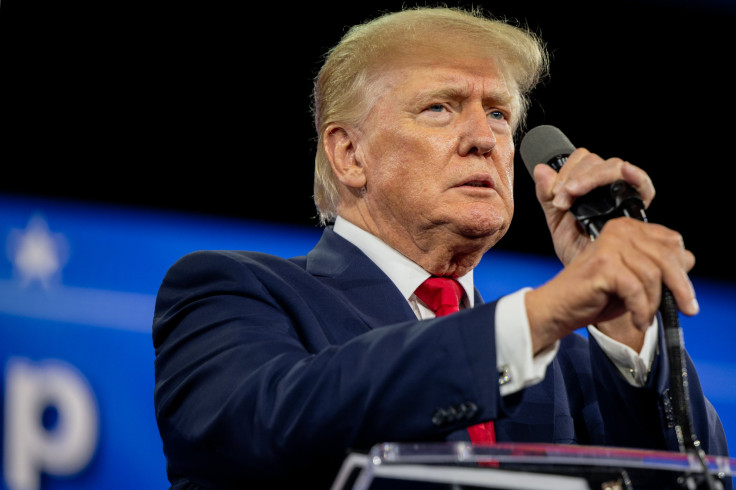
A federal appeals court ruled on Tuesday that former President Donald Trump is not immune from prosecution for potential criminal acts he may have committed while in office when trying to overturn the 2020 elections.
It is highly likely Trump will appeal the decision, taking it to the Supreme Court, in order to prevent the trial from going ahead. He has until Feb. 12 to do so.
"President Trump respectfully disagrees with the DC Circuit's decision and will appeal it in order to safeguard the Presidency and the Constitution," his campaign spokesman Steven Cheung said in a statement.
It is not clear whether the Supreme Court will make a quick decision on whether to hear the case or not.
Trump argued that he had blanket immunity from prosecution for any acts committed as president, saying that "criminal liability for former Presidents risks chilling Presidential action while in office and opening the floodgates to meritless and harassing prosecution."
The appeals court said it wasn't the case. "For the purpose of this criminal case, former President Trump has become citizen Trump, with all of the defenses of any other criminal defendant. But any executive immunity that may have protected him while he served as President no longer protects him against this prosecution," reads a passage of the ruling.
Regarding the chilling of Presidential action, the court said this could actually "serve as a structural benefit to deter possible abuses of power and criminal behavior." "It would be a striking paradox if the President, who alone is vested with the constitutional duty to 'take Care that the Laws be faithfully executed,' were the sole officer capable of defying those laws with impunity," reads another passage of the ruling.
Trump faces four criminal cases as the electoral year progresses and he moves towards becoming the Republican presidential nominee. In this case, the date of the trial will be key. If he were to win the elections, he could have the charges dismissed or even pardon himself.
© 2025 Latin Times. All rights reserved. Do not reproduce without permission.





